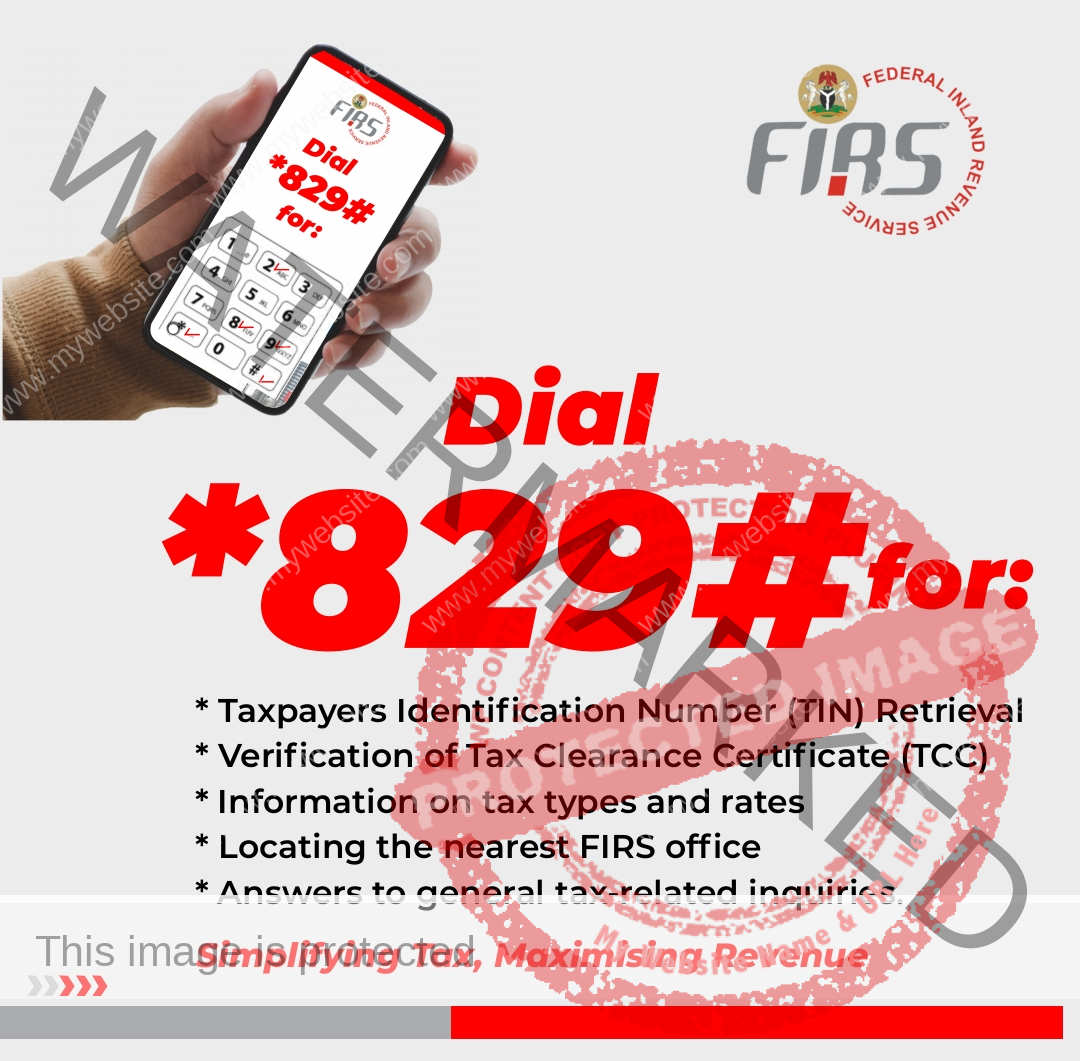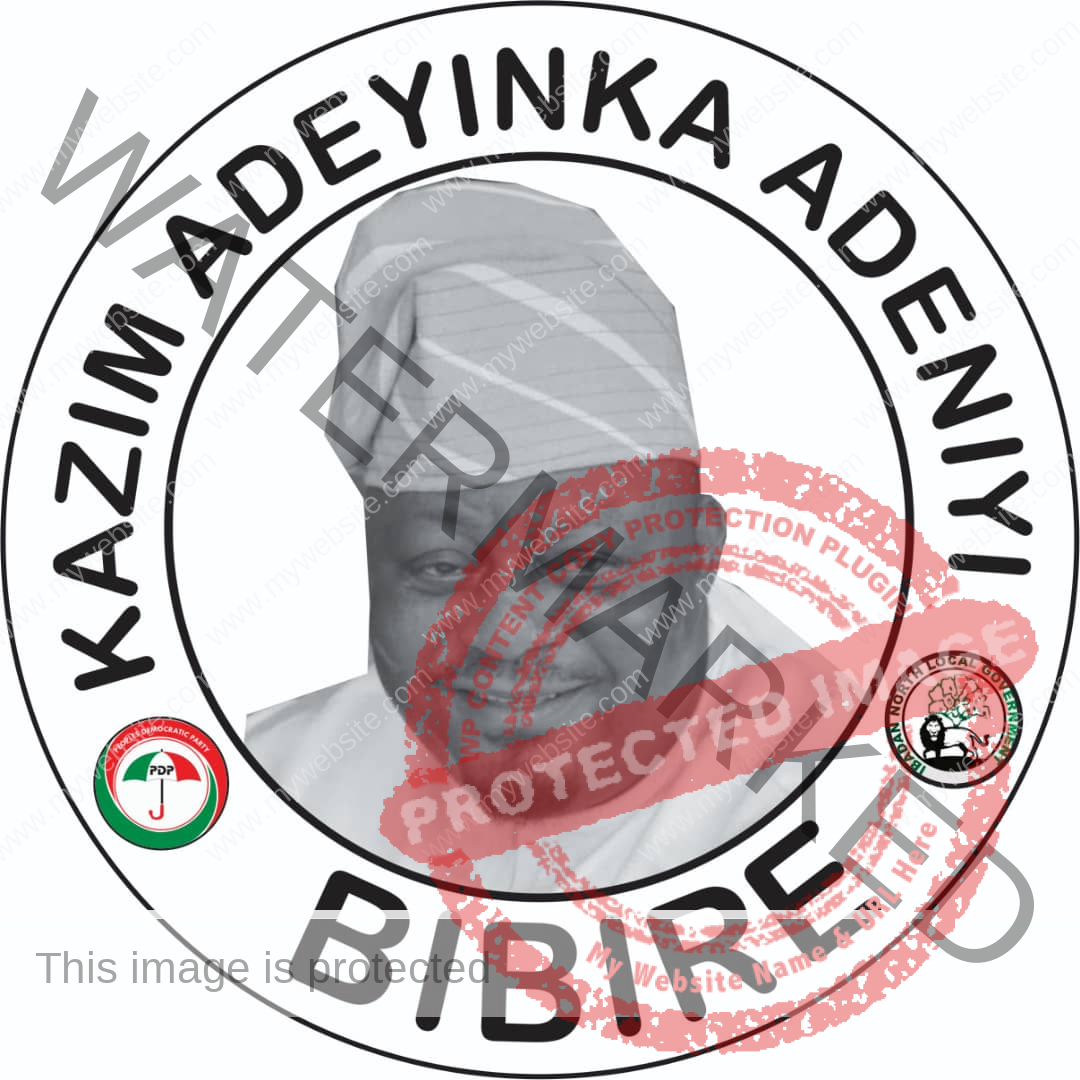


In a significant move, the military-led governments of Mali, Burkina Faso, and Niger have introduced a 0.5% levy on imported goods to finance their emerging three-state union. This decision follows their departure from the Economic Community of West African States (ECOWAS) and marks a crucial step in their bid for financial and political independence.

The import levy, which takes immediate effect, applies to all goods imported from outside the three nations, excluding humanitarian aid. The revenue generated will support the activities of the Alliance of Sahel States (AES), a bloc that started as a security pact in 2023 and has since expanded its ambitions toward economic integration.

This move has significant implications for the broader West African region, formally disrupting free trade and highlighting the deepening divide between the junta-led Sahel nations and democracies such as Nigeria and Ghana. The three countries had accused ECOWAS of failing to aid them in their fight against Islamist insurgents, leading to their exit from the bloc despite economic sanctions imposed to pressure them to restore civilian rule.
Mali, Burkina Faso, and Niger remain among the world’s poorest nations, grappling with a decade-long insurgency by militant groups linked to al-Qaeda and Islamic State. The persistent violence has claimed thousands of lives, displaced millions, and fueled widespread disillusionment with democratic governance.

As the Sahel trio advances with plans for biometric passports and deeper military and economic ties, the newly introduced import levy marks a significant development in their bid for self-sufficiency. The implications of this move will be closely watched by regional and international observers, particularly in the context of West Africa’s complex trade dynamics.
















